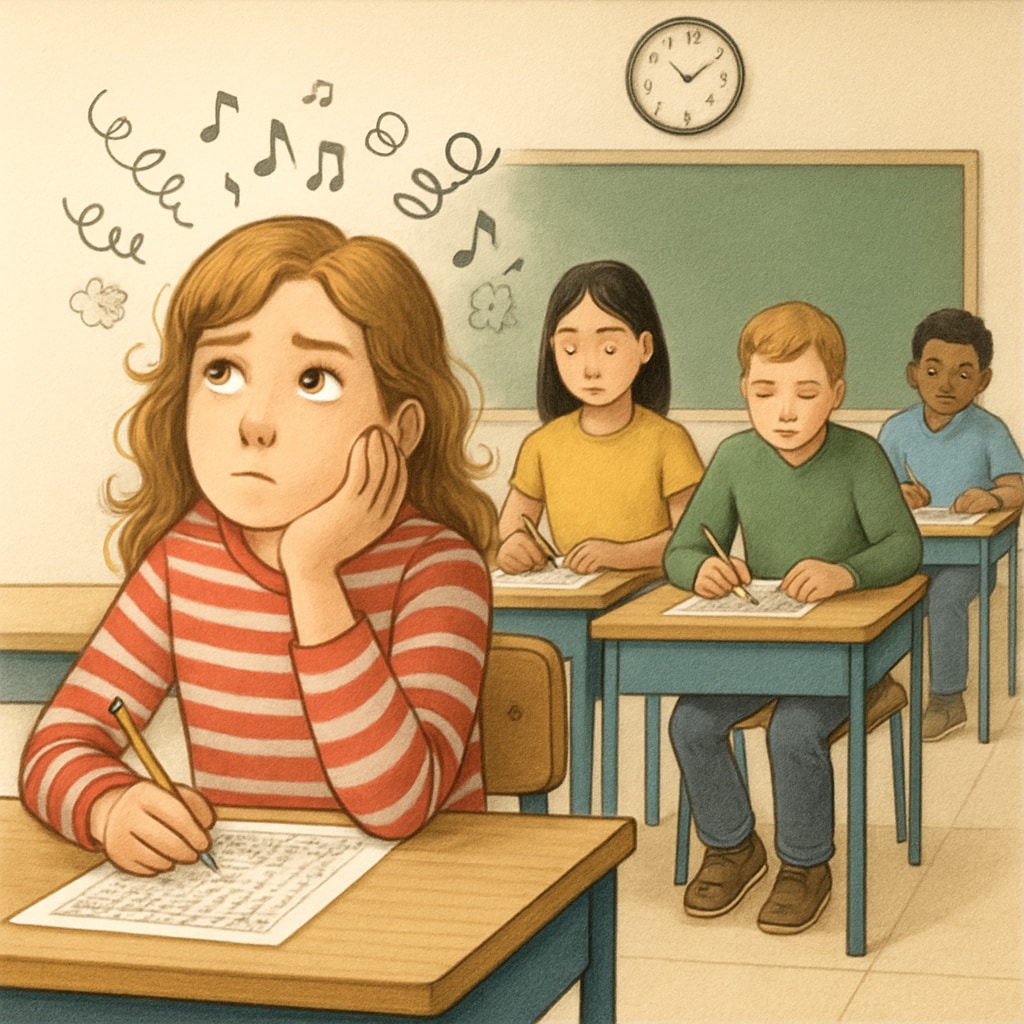Gifted education programs often rely on standardized evaluation systems to identify students who exhibit exceptional intellectual or creative potential. However, these rigid criteria can unintentionally exclude students with ADHD (Attention Deficit Hyperactivity Disorder), who may possess extraordinary talents but struggle to meet conventional benchmarks. This article explores the challenges posed by current selection mechanisms, presents real-life examples, and highlights the need for inclusive reforms to ensure that no gifted child is overlooked.
The Limitations of Standardized Testing
Standardized tests are a cornerstone of gifted education selection processes. They aim to measure intelligence, academic achievement, and problem-solving skills in a controlled environment. However, ADHD students often face unique challenges within this framework. For instance, ADHD symptoms such as inattention, impulsivity, and difficulty following strict instructions can hinder their performance—even if their intellectual capacity far exceeds their peers.
In addition, standardized tests prioritize traditional cognitive abilities while undervaluing other forms of intelligence, such as creativity or emotional intelligence. ADHD students, known for their lateral thinking and innovative problem-solving, often excel in areas that standardized tests fail to capture. As a result, these students may be incorrectly categorized as underperforming or average.

Real-World Consequences of Overlooking ADHD Students
The exclusion of ADHD students from gifted education programs has far-reaching consequences. For example, take the case of a young student named Alex. Diagnosed with ADHD at an early age, Alex struggled with a traditional school environment but demonstrated exceptional creativity and problem-solving skills. His teachers failed to nominate him for the gifted program because he didn’t meet the conventional academic criteria, despite his evident potential.
Research conducted by the National Institute of Mental Health suggests that ADHD students are more likely to experience feelings of inadequacy and frustration when their abilities are overlooked. This can lead to a lack of motivation, missed learning opportunities, and even long-term impacts on self-esteem. By excluding these students, gifted programs risk losing a wealth of untapped talent.

Advocating for Inclusive Gifted Education
To address these challenges, educators and policymakers must adopt more inclusive approaches to gifted education. The first step is to diversify selection criteria. In addition to standardized tests, programs should incorporate multiple measures such as teacher observations, parent input, and evaluations of creativity, leadership, and problem-solving skills. This holistic approach ensures that diverse talents are recognized and nurtured.
Second, training educators to identify signs of giftedness in students with ADHD is crucial. Many teachers lack the knowledge to distinguish between ADHD-related behaviors and gifted traits, leading to misdiagnoses or oversight. Professional development programs can provide educators with the tools they need to support neurodivergent learners effectively.
Finally, fostering collaboration between psychologists, special education experts, and gifted education specialists can help create tailored interventions for ADHD students. These interventions may include accommodations during testing, alternative project-based evaluations, or specialized curriculum adjustments.
Conclusion: Unlocking Hidden Potential
Gifted education programs hold the promise of nurturing the brightest minds of tomorrow. However, their reliance on standardized testing and traditional criteria risks excluding exceptional talents among ADHD students. By adopting more inclusive selection mechanisms and fostering understanding of neurodivergent needs, educators can ensure that no gifted child is left behind. After all, diversity in thought and learning styles is not a challenge—it’s an opportunity to enrich the educational landscape.
Call to Action: Schools, policymakers, and educators must reflect on their practices and advocate for change. Recognizing the unique strengths of ADHD students is not just a matter of fairness—it’s a step toward unlocking the full potential of gifted education.


